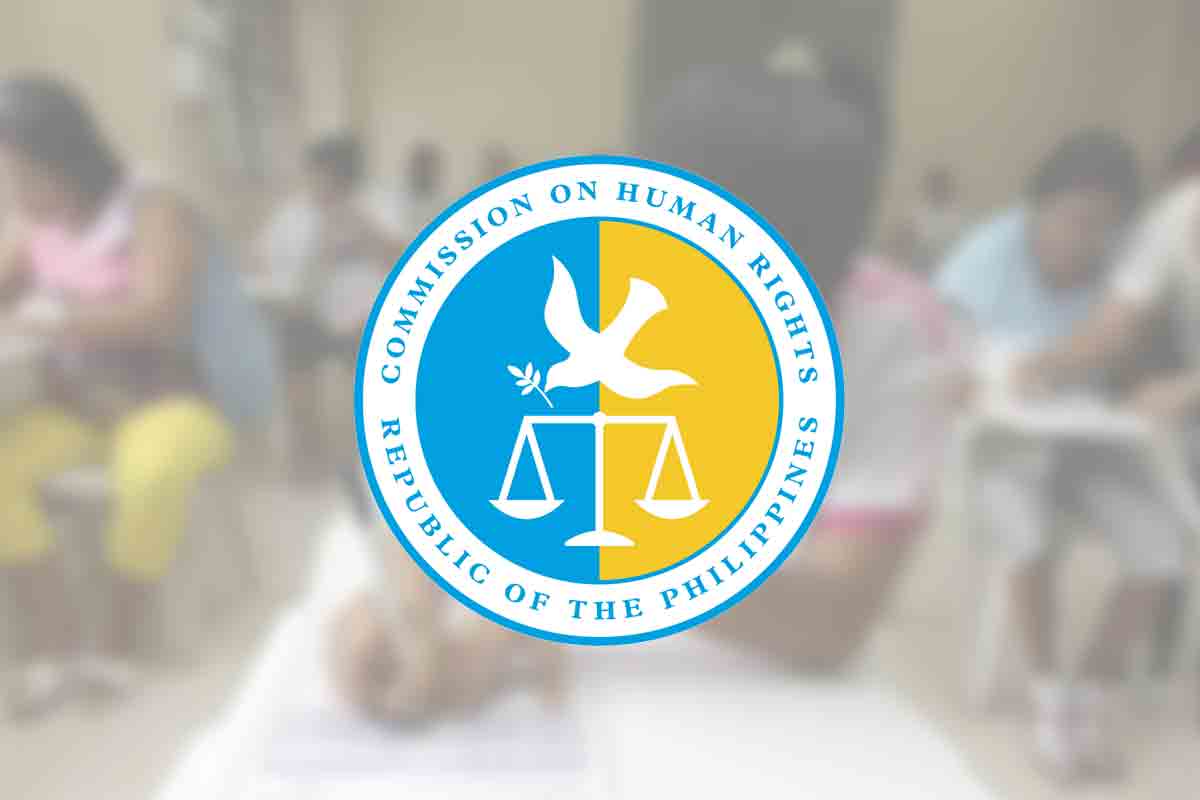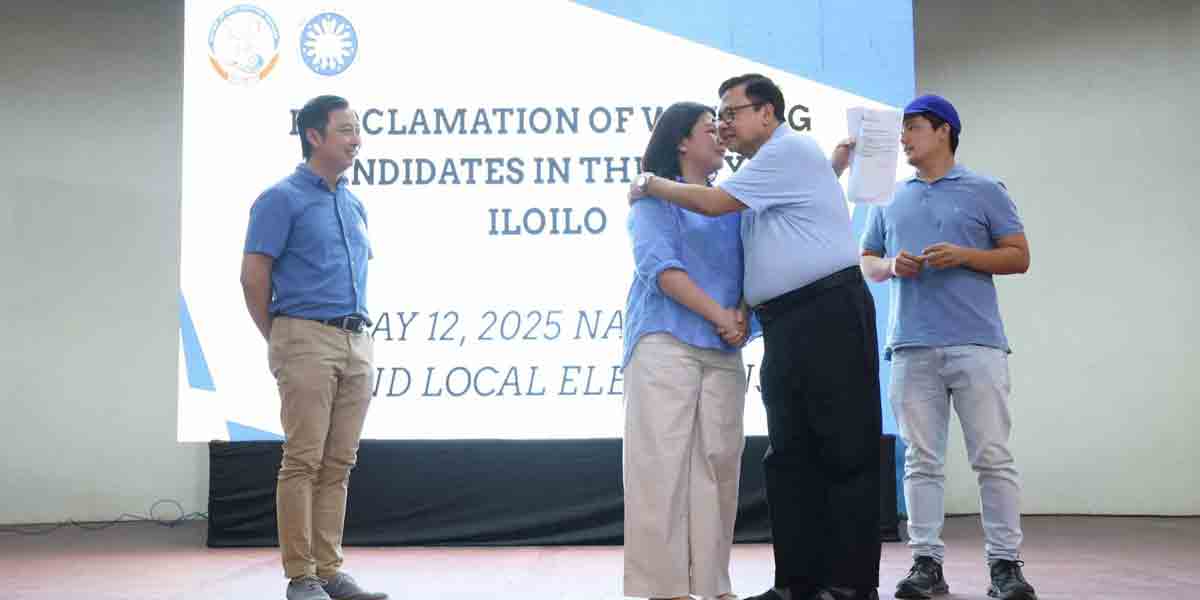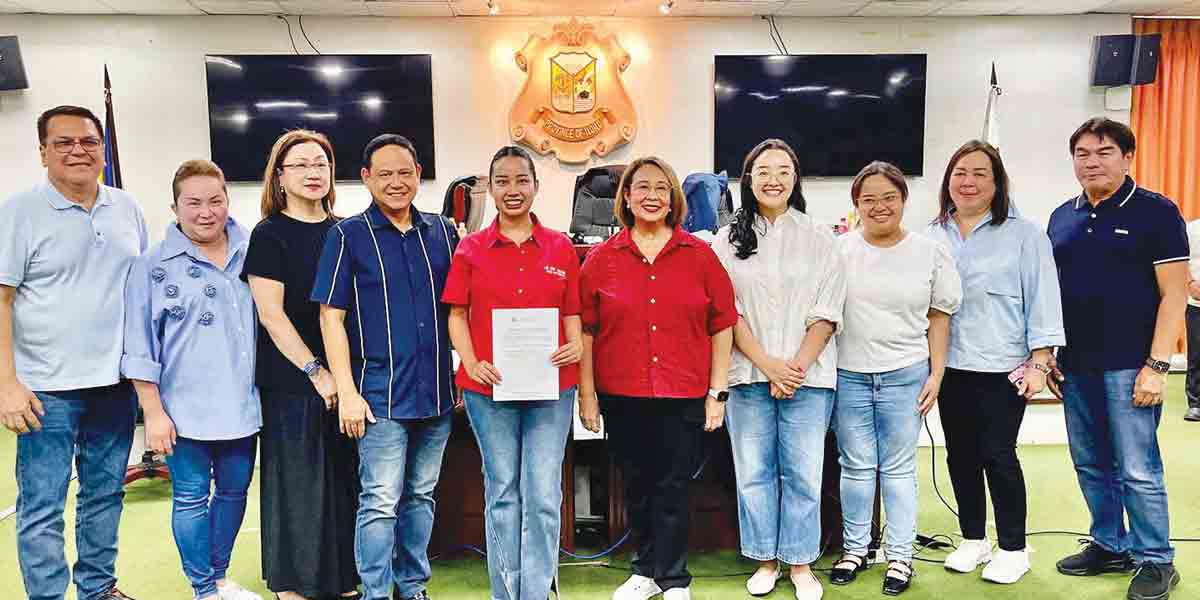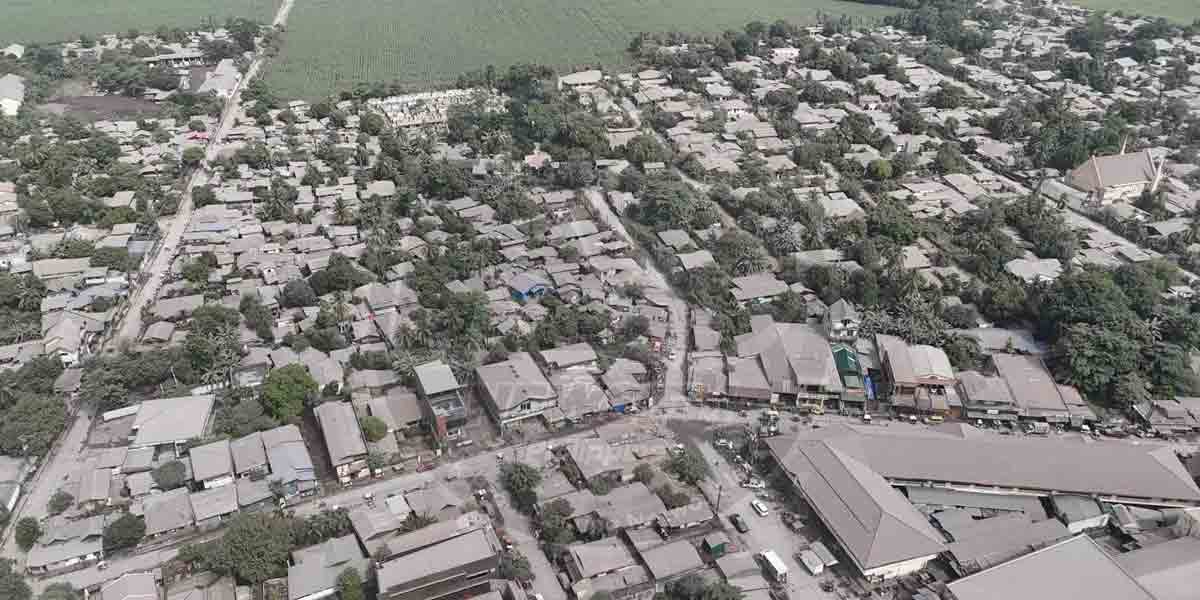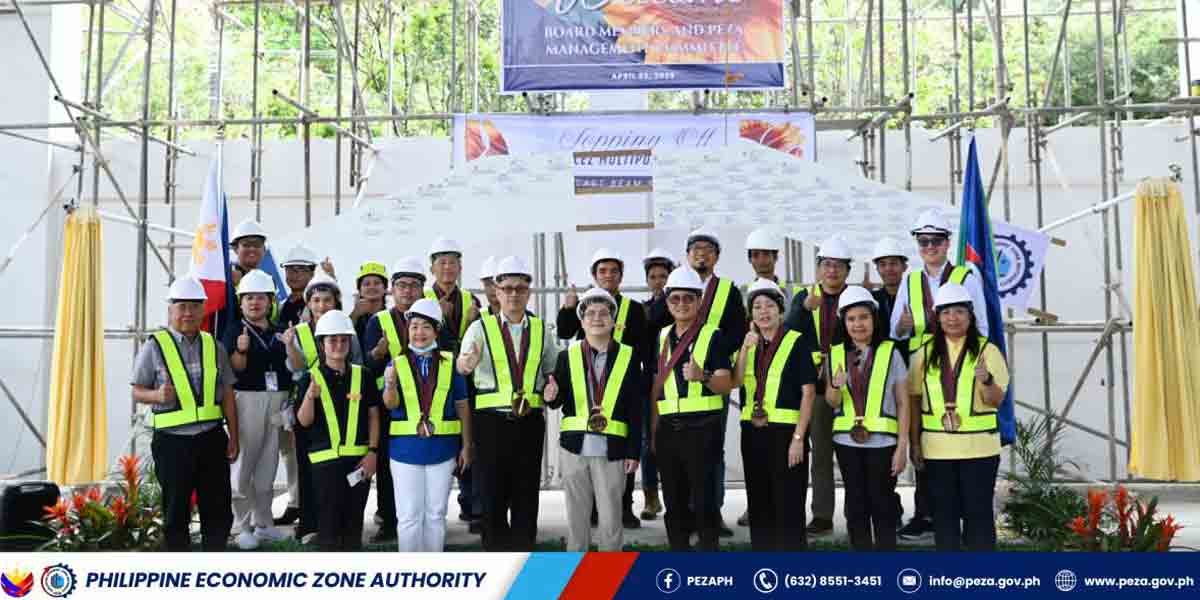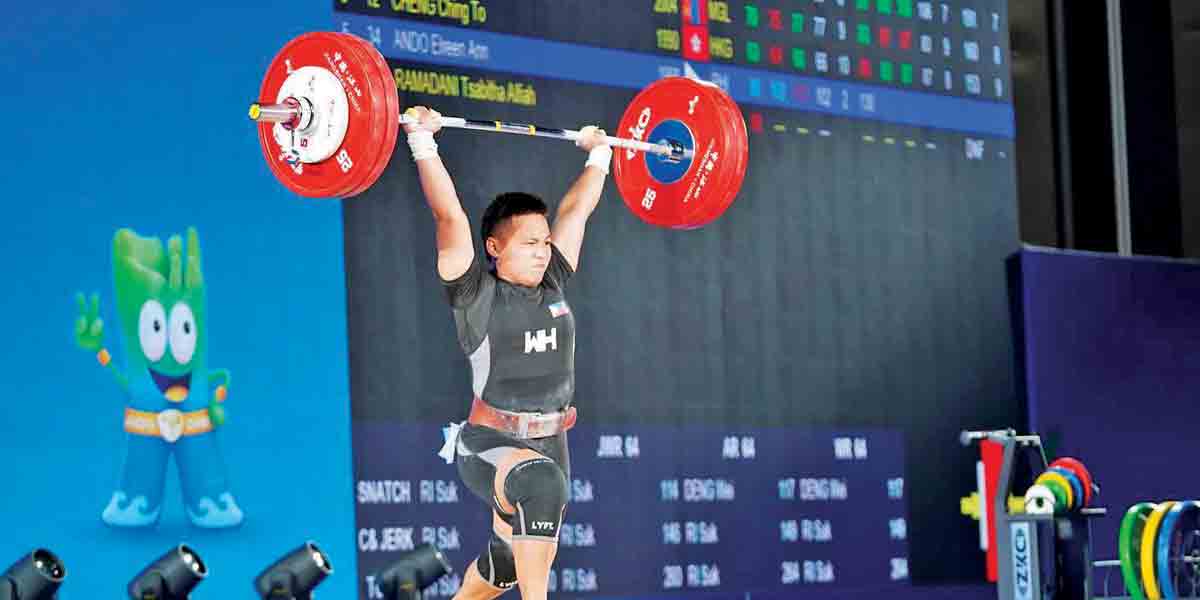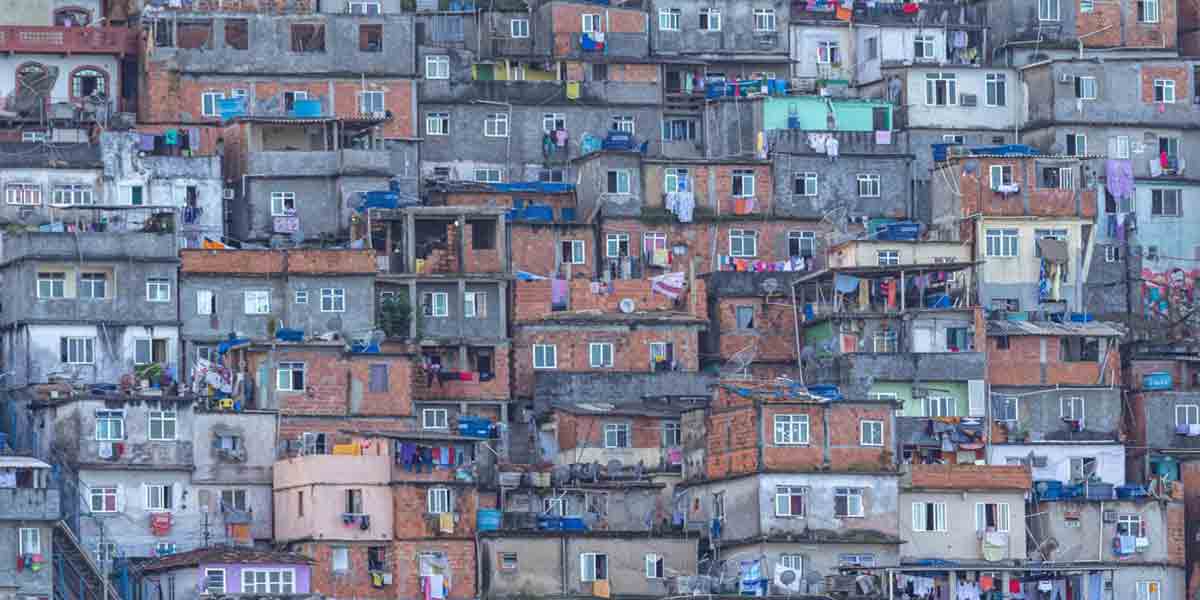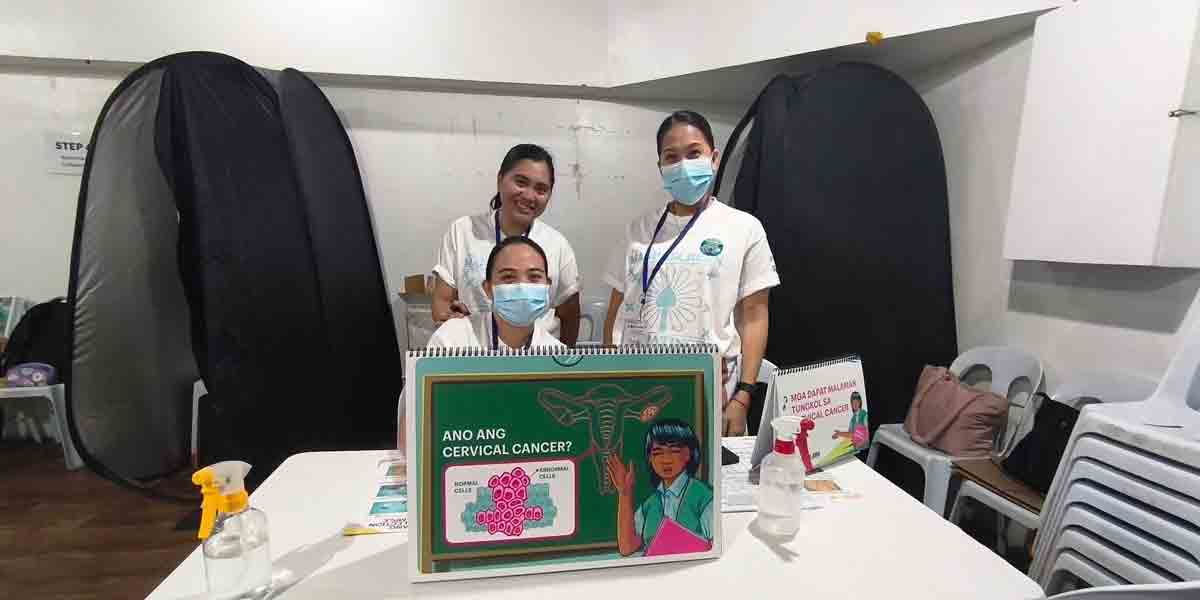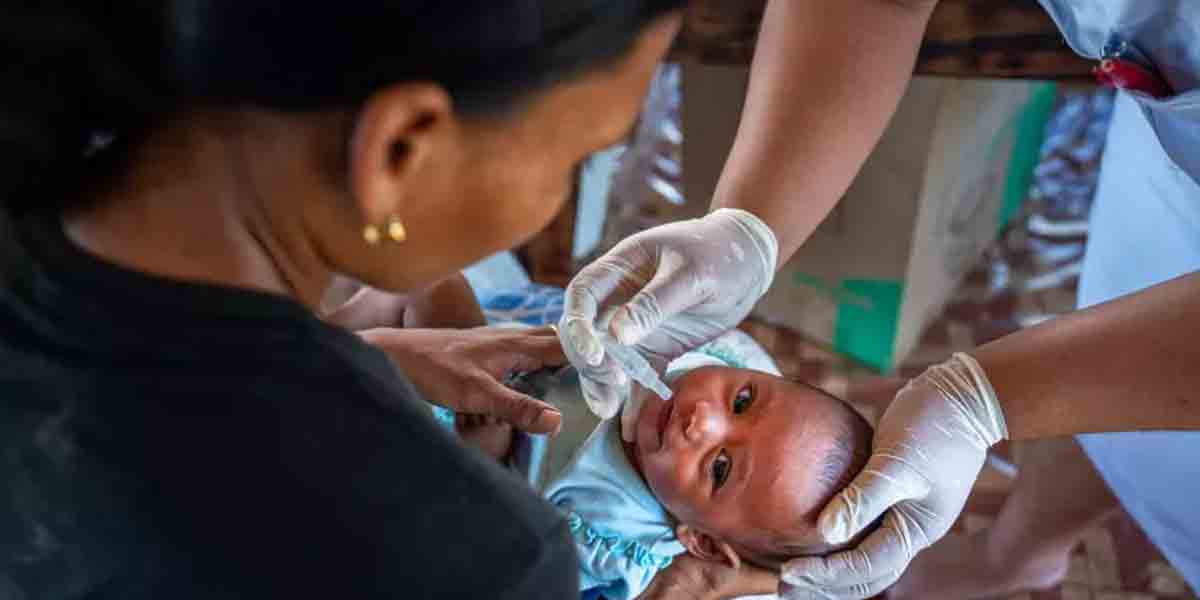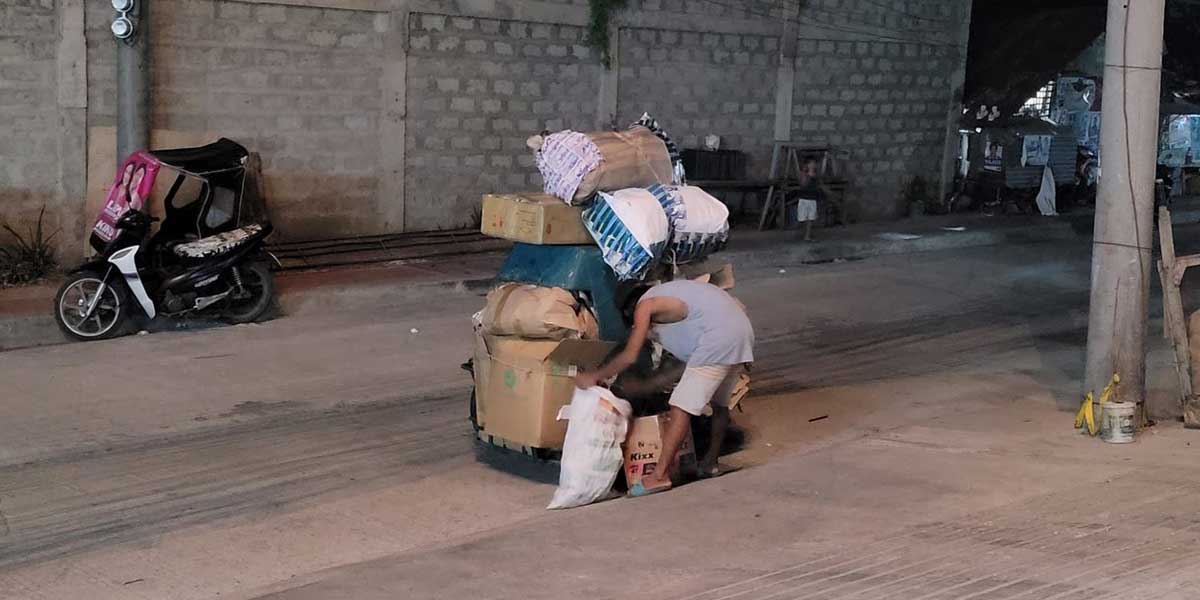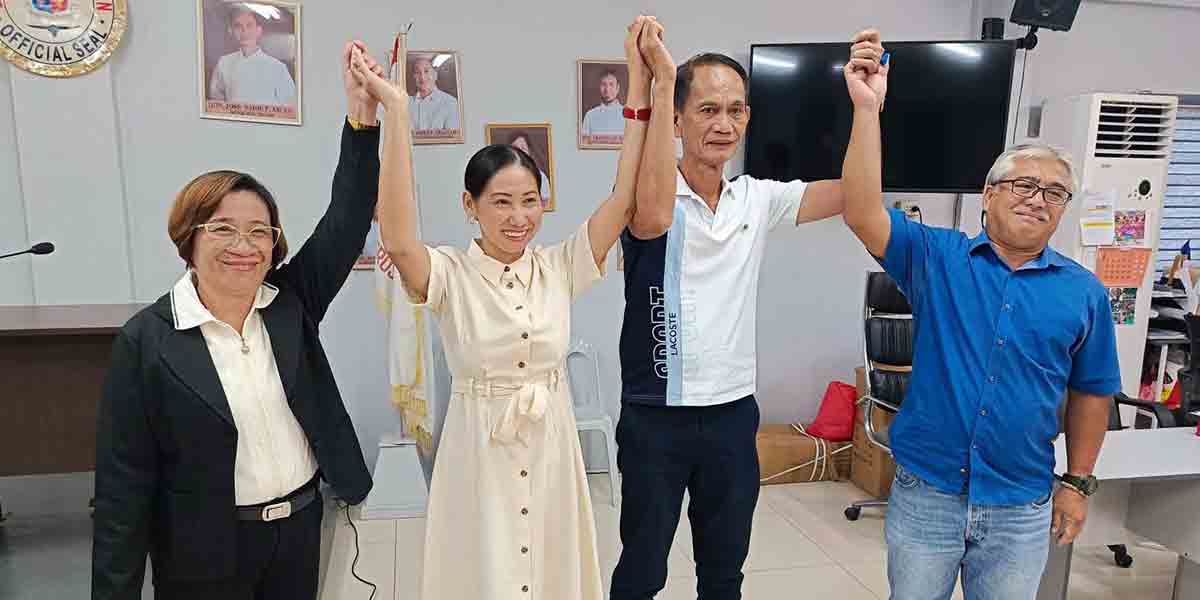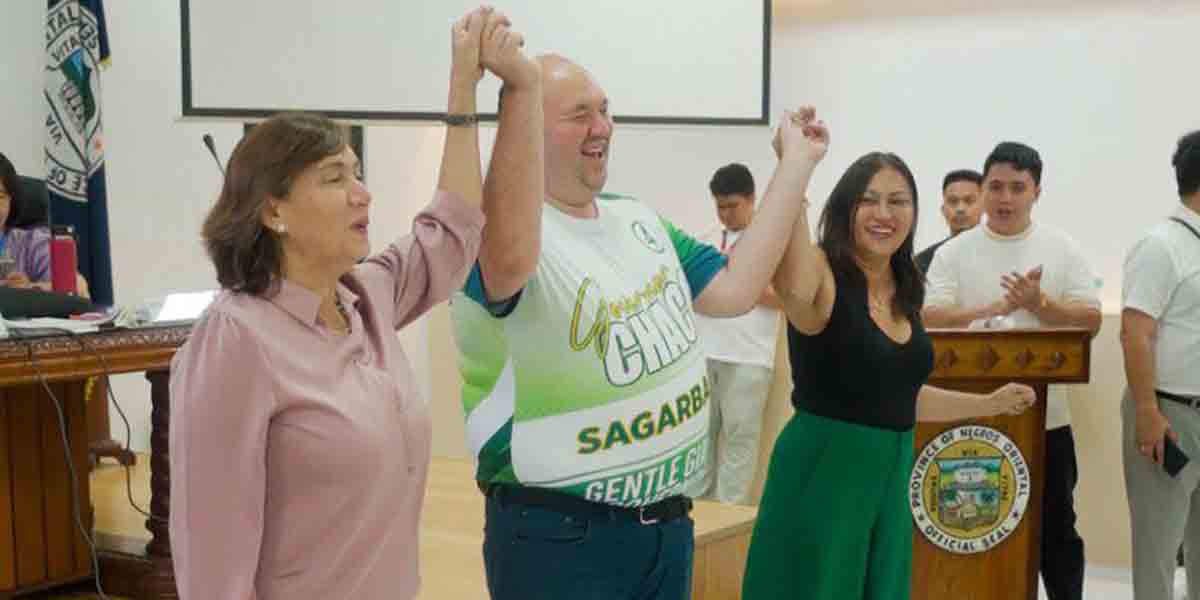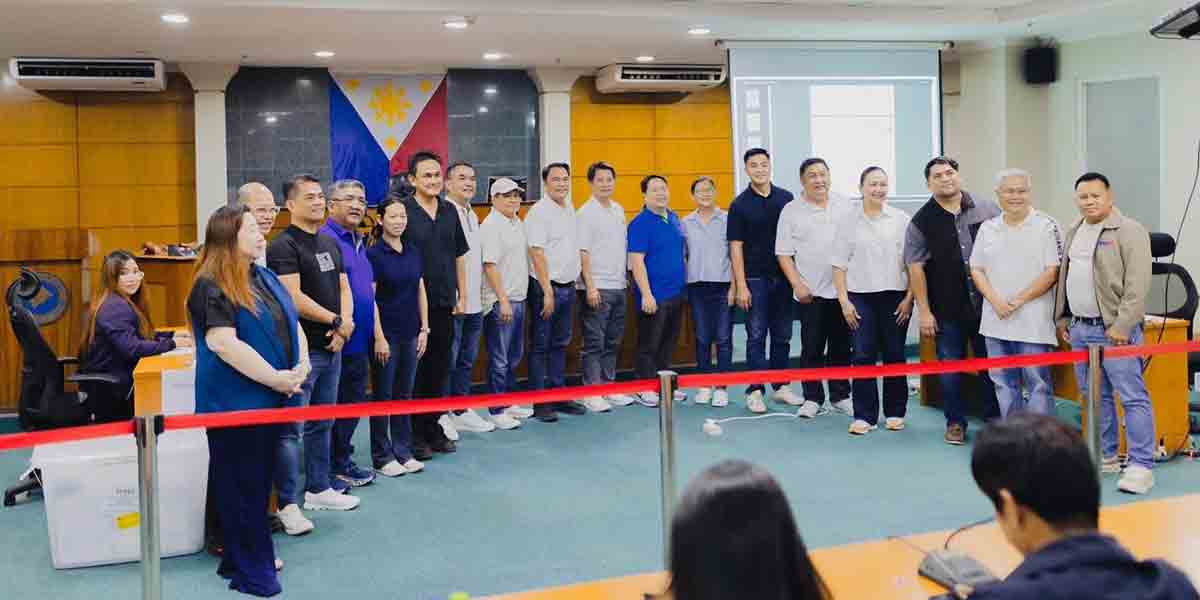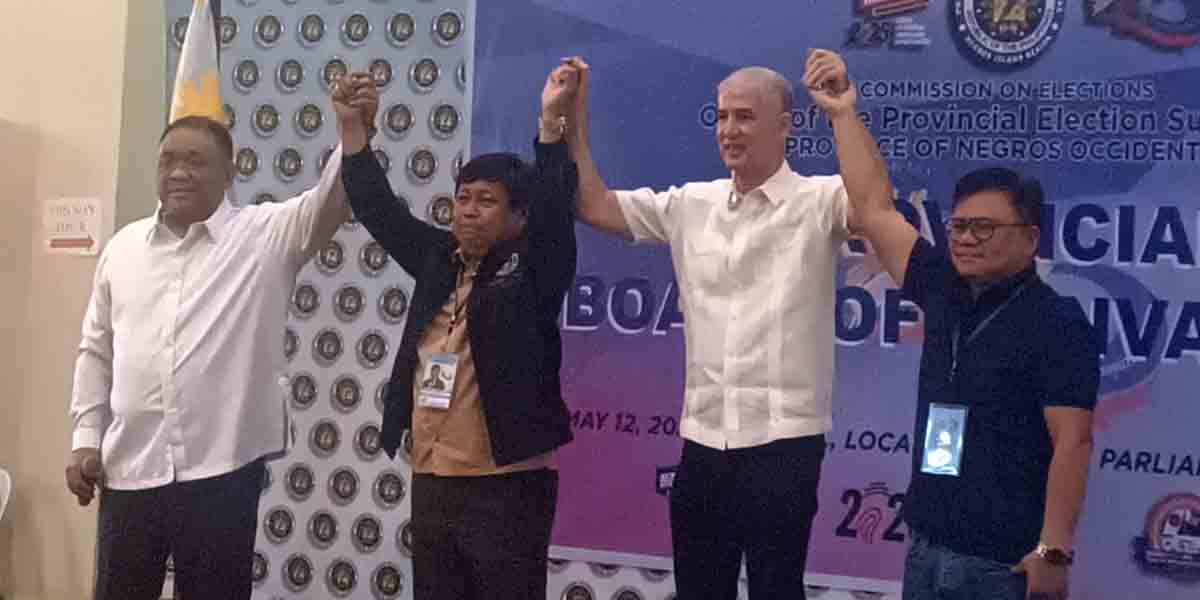By Daryl T. Lutero
We Filipinos are dreamers. We dreamed of a “golden age,” where our country is free from poverty, crime, and corruption. We long for a life promised with democracy, a progressive economy, and zero criminality. From “Erap para sa mahirap, to resolving illegal drug trades, to a twenty peso rice price for a new society. However, this desire for a better tomorrow, this dream, frequently takes us down a dangerous path of misguided optimism.
We have repeatedly witnessed it. As they ascend to power, politicians make promises that they will realize the “Filipino Dream.” They forge a picture of a brightened future—a “Bagong Pilipinas,” a “Golden Age. They pledge to be strong leaders who can rectify everything and fill the gaps for and of their predecessors. They stand on stage, face, and speak to people, appearing new and different. With their ambitious speeches, many believed and hoped. We are the lapses of the previous administrations, and with our hope and illusion, we put our faith in them. We vote for them, hoping against hope that this time, things will be different or better.
But then the disillusionment sets in. Such hope failed. The promises are broken and manipulate the people to trust for another hope. According to the data from the International Criminal Court, there are between 12,000 and 30,000 civilian fatalities in connection with the war on drugs (Kishi & Buenaventura, 2021). We were followed by the surging inflation from 4.9 to 5.4 hand-in-hand with slowing economic growth in the last quarter of his term (Heydarian, 2022). From there, we search for a new savior, a leader who will finally fulfill our dreams. We cling to the hope of the twenty peso rice. The cost of Marcos Jr.’s Bagong Pilipinas is a pledge that things will be better and different this time. But the cycle continues.
Why does this occur? Why do we continue to believe these false promises? Populism is the cause of it. This movement appeals to common people who believe that established elite groups are ignoring their problems (Munro, 2024). They often present themselves as champions of the common person, fighting against a corrupt elite. It then uses people’s fear and desire to gain support, especially the poor, in exchange for undemocratic tolerance.
But populism is a dangerous game in politics. Populist promises manipulate our hope, exploiting our desire for change by offering quick fixes and unrealistic dreams. We have Duterte’s promises to solve illegal drugs for six months, his electoral debate answer to ride in a jetski to wave the Philippine flag in the West Philippine Sea, and the twenty peso price promise of Marcos Jr. (Kenes, 2023).
Populism also erodes accountability. Populist leaders often attack the very institutions that hold them accountable, like the judiciary, the media, and human rights groups. Remember how Duterte attacked the judiciary and the media, portraying them as enemies of the people? Noble Prize winner for journalism, Maria Ressa, had ten different warrants of arrest for cyber libel for being vocal against Duterte (Buan, 2021). Remember also how he used his “war on drugs” as a tool to silence critics and consolidate his power? Sen. Leila de Lima, who was known as Duterte’s critic, was in jail for almost seven years due to drug charges (Amnesty International). This is the dangerous reality of populism that undermines the very foundations of a democratic society. They create a climate of fear and intimidation, silencing dissent and making it difficult for us to challenge their grip on power.
This cycle of hope and frustration is a dangerous trap; therefore, we need to break free from this cycle by understanding democracy. We need to be more critical thinkers and informed voters. We need to demand accountability from our leaders. We need to stand up for our democratic values and resist the temptation to fall for empty promises. We need to remember that a healthy democracy requires more than just a strong leader. It requires strong citizenship. One who’s informed, engaged, and willing to hold its leaders accountable. It requires a citizenry understanding that true change comes from within, not from a single leader who promises a “golden age.”
However, how can citizens be strong if they’re poor? It’s not ignorance that makes voters easily manipulated with their hope by a populist’s promise; it’s the poverty that frustrates their dreams.
In this coming 2025 midterm election, what would be the basis of your vote? Would it be how they promise you? No promised illusion of a populist leader can ever change our poverty. A populist leader can be a manipulator who enjoys making us poor to generate our hope from their promises turned into their votes. Instead, poverty can be eradicated from the kind of good governance we will be collaborating on. We have the power to achieve the radical change we are dreaming of. To trust people’s power and the illusions from their promises. A trust that strong citizens can make democracy strong. How about you? To whom will you entrust your dreams?
(The author is a Faculty Member of the Social Science Department of Central Philippine University and is currently pursuing a degree Masters of Arts in Political Science at the University of San Carlos.)
References:
Buan, L. (2021, January 14). Court orders arrest of Maria Ressa and Rambo Talabong over Benilde’s thesis story. Rappler. https://www.rappler.com/philippines/court-orders-arrest-of-maria-ressa-reporter-rambo-talabong-over-benilde-thesis-story/
De Lima, L. (2024, March 20). Leila de Lima: How I Survived 2,454 Days in Arbitrary Detention. Retrieved from: https://www.amnesty.org/en/latest/campaigns/2024/03/leila-de-lima-philippines/
Heydarian, D. (2022, June 1). The Philippines under Duterte: A Legacy of Populism and Authoritarianism. The Diplomat. https://thediplomat.com/2022/06/the-philippines-under-duterte-a-legacy-of-populism-and-authoritarianism/
Kenes, D. (2023). The Philippines: A History of Populism and Democratic Backsliding. University of the Philippines Press.
Kishi, R., & Buenaventura, T. (2021, November 18). The drug war rages on in the Philippines: new data on the civilian toll, state responsibility, and shifting geographies of violence. Armed Conflict Location & Event Data Project (ACLED). https://acleddata.com/2021/11/18/the-drug-war-rages-on-in-the-philippines-new-acled-data-on-the-civilian-toll-state-responsibility-and-shifting-geographies-of-violence/#:<0x11>0x13>0xC8>:text=In%20the%20ICC%20prosecutor’s%20request,based%20largely%20on%20the%20government’s
Munro, N. (2024). Populism: A Concise Guide. Oxford University Press.

